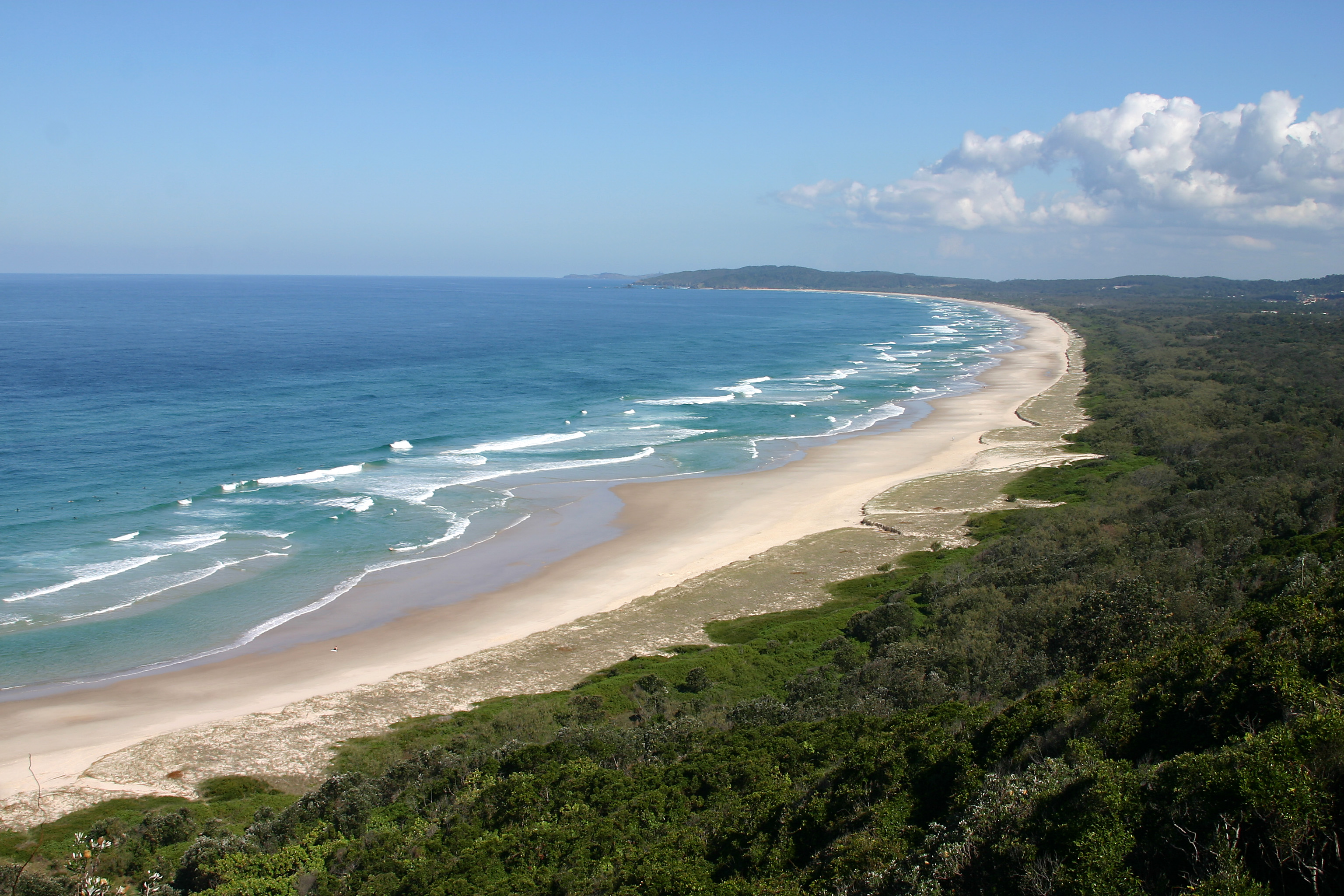 Many statistics on both permanent and temporary migration are often used incorrectly and add to the confusion and misinformation regarding migration levels and population growth. This new Background Note, Migration to Australia since federation: a guide to the statistics, offers an easy entry-point to the relevant data on migration flows to Australia. The guide also offers background information on Australia's migration programs and on the reliability and use of different statistical sources.
Many statistics on both permanent and temporary migration are often used incorrectly and add to the confusion and misinformation regarding migration levels and population growth. This new Background Note, Migration to Australia since federation: a guide to the statistics, offers an easy entry-point to the relevant data on migration flows to Australia. The guide also offers background information on Australia's migration programs and on the reliability and use of different statistical sources. August 31, 2010
Making sense of migration statistics
 Many statistics on both permanent and temporary migration are often used incorrectly and add to the confusion and misinformation regarding migration levels and population growth. This new Background Note, Migration to Australia since federation: a guide to the statistics, offers an easy entry-point to the relevant data on migration flows to Australia. The guide also offers background information on Australia's migration programs and on the reliability and use of different statistical sources.
Many statistics on both permanent and temporary migration are often used incorrectly and add to the confusion and misinformation regarding migration levels and population growth. This new Background Note, Migration to Australia since federation: a guide to the statistics, offers an easy entry-point to the relevant data on migration flows to Australia. The guide also offers background information on Australia's migration programs and on the reliability and use of different statistical sources. Senate majority
Between 1910 and 1949, the government party controlled both houses for most years. If a government controls both houses of parliament it is likely to have unfettered power to push its legislation through the upper house. In the years since the 1949 election it has been more usual that neither major party has had an absolute majority. In fact, since 1949 the only periods of a government majority in the Senate have been 1951–6, 1959–62, 1975–81 and 2005 to 2007. In the periods when the government has not had control of the upper house the Senate is often accused of being 'obstructionist'.
August 26, 2010
Early election
The House of Representatives that is emerging from the 2010 election, and the fact that the next government will be a minority government, raises the spectre of the electorate going to the polls well before the next federal election would otherwise be expected. If an election takes place prior to mid-2013 it will only be for the House of Representatives and the territory senators; the rest of the Senate will not be in play unless there is a double dissolution.
Addressing poorer health in rural areas
During the election campaign, the National Rural Health Alliance released its Election Charter 2010. The metropolitan media paid little attention to this document and its proposed 10 key priorities to address rural health problems. Top of the list was the priority to improve the sustainability of rural communities; other top priorities included equity in funding, improvements to primary care services, workforce development and improving the health of Aboriginal and Torres Strait islander peoples. With some of the rurally based Independent MPs reportedly citing health services in the bush as a priority, the issue of rural health services may gain national prominence.
Labels:
rural health
August 25, 2010
Coastal properties feel climate change price signal
The NSW Valuer-General has announced a significant cut in the valuation of beachfront properties at Belongil Beach on the Northern NSW coast. Although this will only affect the the calculation of rates and levy land tax, it sends a signal to those living in these areas and their insurers. This assessment by the Valuer-General comes after the release of the NSW coastal planning guidelines, which states that
August 23, 2010
Hung Parliament
The last hung Federal Parliament occurred after the election on 21 September 1940 when Labor and the Coalition of the United Australia Party and the Country Party emerged with 36 seats each in the House of Representatives. The balance of power resided with two independents, Alex Wilson and Arthur Coles, who supported the Coalition and thus enabled the Menzies Government to remain in office (it was sworn in on 28 October). The independents' support lasted until late 1941 when they voted against the budget of the now Fadden-led Coalition Government, leading to the resignation of Fadden and the commissioning of the Curtin Labor Government on 7 October 1941.
August 20, 2010
The major parties and ‘corrosive’ welfare
Where do the major parties stand on welfare policy? In what direction can we expect welfare policy to be taken throughout the course of the next parliament? One thing clear from the election policy announcements of the major parties is that there is likely to be a further strong emphasis on addressing what each describes as the ‘corrosive’ effects of welfare.
August 19, 2010
Carbon Farming Initiative to fill a policy gap
The Government has announced that if re-elected it will introduce a new regime for landholders, the Carbon Farming Initiative. This will encourage farmers to either minimise carbon emissions or maximise carbon sequestration by altering their forestry and agricultural practices. The initiative would fill the policy gap that has existed since the termination of the Greenhouse Friendly scheme in July 2010.
August 13, 2010
Parliamentary Budget Offices
 According to research conducted by the Organisation for Economic Co-operation and Development (OECD) there has been a growing trend towards greater involvement of national legislatures in budgetary matters in order to increase transparency and accountability of budget processes. The OECD's 2007 project, the International Budget Practices and Procedures database, indicated that out of the 97 countries surveyed, 29 countries had a specialised budget research office and 61 did not. In particular, the survey found that more than half of all the countries included in the study had a larger budgetary role than they had a decade earlier.
According to research conducted by the Organisation for Economic Co-operation and Development (OECD) there has been a growing trend towards greater involvement of national legislatures in budgetary matters in order to increase transparency and accountability of budget processes. The OECD's 2007 project, the International Budget Practices and Procedures database, indicated that out of the 97 countries surveyed, 29 countries had a specialised budget research office and 61 did not. In particular, the survey found that more than half of all the countries included in the study had a larger budgetary role than they had a decade earlier.August 12, 2010
NATO at the crossroads: where do Australian interests lie?
 Do Australia and NATO have common interests? Given the geographic divide, this might not be an obvious issue, but it was perhaps the central question emerging from a public lecture delivered on 2 August 2010 at the Australian National University by the Chairman of the North Atlantic Treaty Organization’s (NATO) Military Committee, Admiral Giampaolo di Paola. The Chairman emphasised the growing political dimension of the alliance, which finds itself at a strategic crossroads.
Do Australia and NATO have common interests? Given the geographic divide, this might not be an obvious issue, but it was perhaps the central question emerging from a public lecture delivered on 2 August 2010 at the Australian National University by the Chairman of the North Atlantic Treaty Organization’s (NATO) Military Committee, Admiral Giampaolo di Paola. The Chairman emphasised the growing political dimension of the alliance, which finds itself at a strategic crossroads.August 10, 2010
Australian Government assistance to refugees
 Despite claims made in a series of emails that have been widely circulated throughout Australia, refugees are not entitled to higher benefits than other social security recipients. In recent years, a series of emails have been widely circulated throughout Australia claiming to describe the social security entitlements of refugees, compared with those of other Australian residents.
Despite claims made in a series of emails that have been widely circulated throughout Australia, refugees are not entitled to higher benefits than other social security recipients. In recent years, a series of emails have been widely circulated throughout Australia claiming to describe the social security entitlements of refugees, compared with those of other Australian residents.August 6, 2010
Indigenous Members of Parliament
 The contest for the Western Australia seat of Hasluck is unusual in that three of the seven candidates are Aboriginal Australians: Dot Henry (Independent), Glenice Smith (Greens) and Ken Wyatt (Liberal).
The contest for the Western Australia seat of Hasluck is unusual in that three of the seven candidates are Aboriginal Australians: Dot Henry (Independent), Glenice Smith (Greens) and Ken Wyatt (Liberal).The Liberal candidate Ken Wyatt (pictured opposite) needs a swing of 1 per cent to win the seat from Labor member Sharryn Jackson and become the first Indigenous Member of the House of Representatives.
Building the Education Revolution
The Building the Education Revolution (BER) Implementation Taskforce today released its interim report, finding that while quality infrastructure has been delivered within the required timeframes, project costs in some areas have been substantially higher than would have been the case before the BER.
August 3, 2010
Medibank Private dividend payment
Medibank Private is to pay the Government a special one-off dividend of $300 million according to this statement from the Treasurer. This is ‘in recognition of Medibank Private Limited’s strong capital position’ due to the build up of its reserves during the period it was a not-for profit health insurer. The dividend will help fund Labor’s election promises.
Subscribe to:
Posts (Atom)








